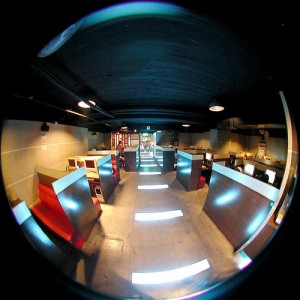Two tragic suicides recently have spotlighted the role of technology in privacy and the unintended consequences of exposing information to the public.
On Sunday, the body of 39-year-old Rigoberto Ruelas, a fifth-grade Los Angeles county teacher, was found in a ravine. Though Ruelas did not leave a note, family members believe they know why, according to the Los Angeles Times:
Teachers union President A.J. Duffy said his staff was told by Ruelas' family that the teacher was depressed about his score on a teacher-rating database posted by The Times on its website. The newspaper analyzed seven years of student test scores in English and math to determine how much students' performance improved under about 6,000 third- through fifth-grade teachers. Based on The Times' findings, Ruelas was rated "average" in his ability to raise students' English scores and "less effective" in his ability to raise math scores. Overall, he was rated slightly "less effective" than his peers.
And last week, Rutgers University student Tyler Clementi jumped off of the George Washington Bridge, days after after his roommate broadcast online a surreptitiously-made video of him in a sex act with another man.
In both cases, technology was the tool blamed for the incidents. Fox News asserted the "dehumanizing effects that technology is having on young people" in relation to Clementi's suicide. Ruelas' family claims that the L.A. Times' public posting of the "value-added" ratings of teachers based on seven years of student test scores was unfair, and the United Teachers Los Angeles (the L.A.-based union), has called for the online ratings to be removed from the Times' website.


